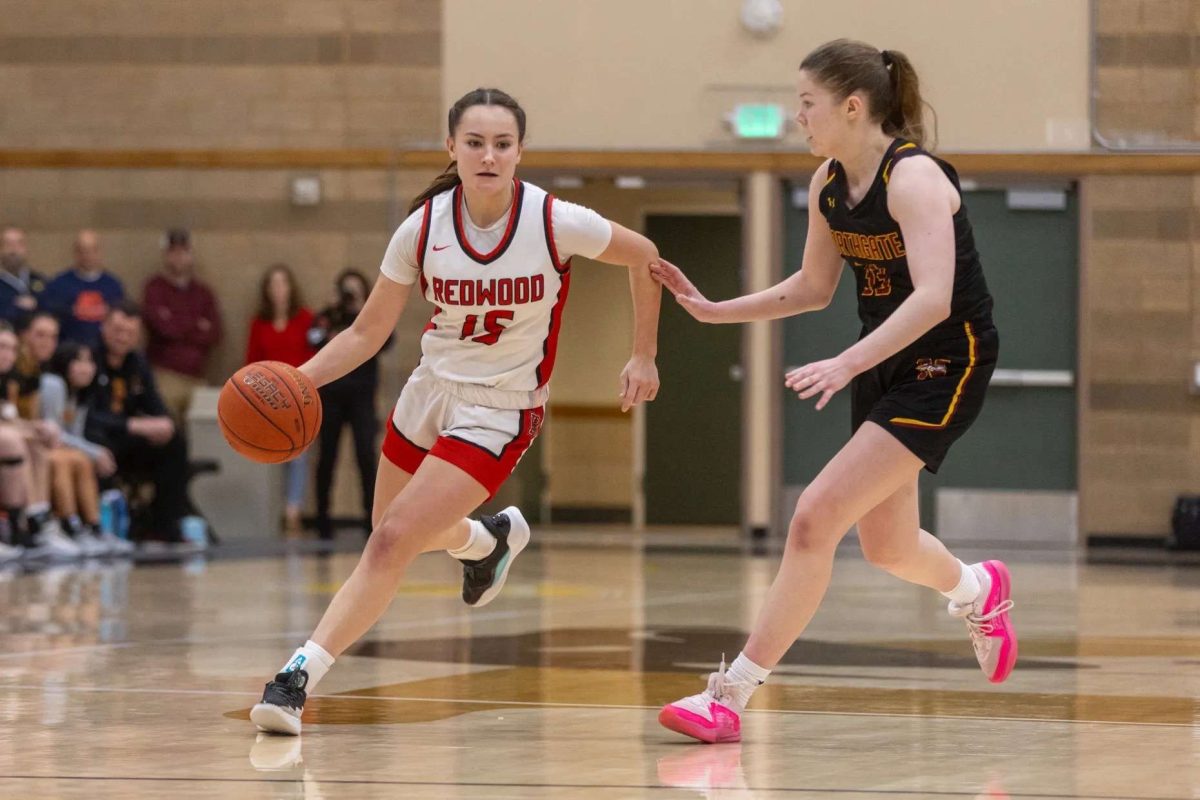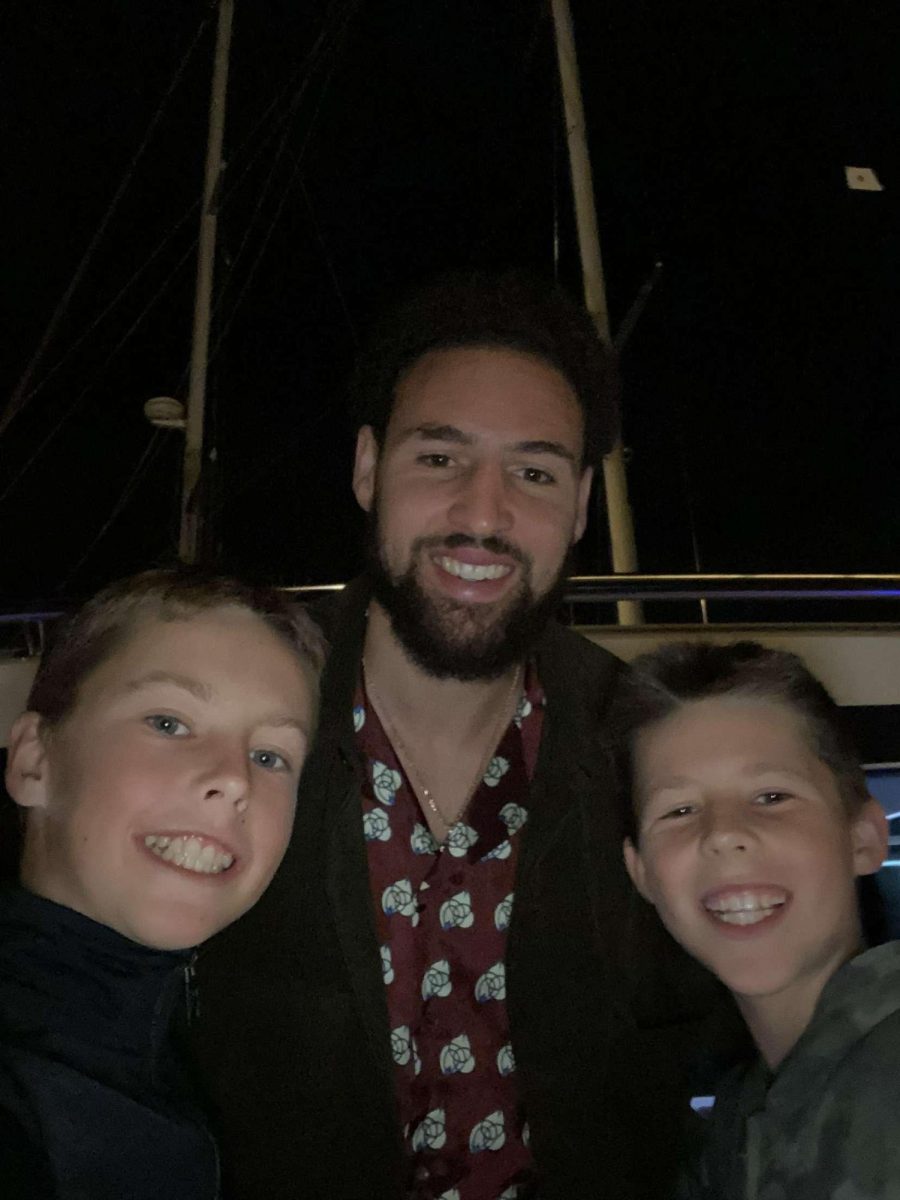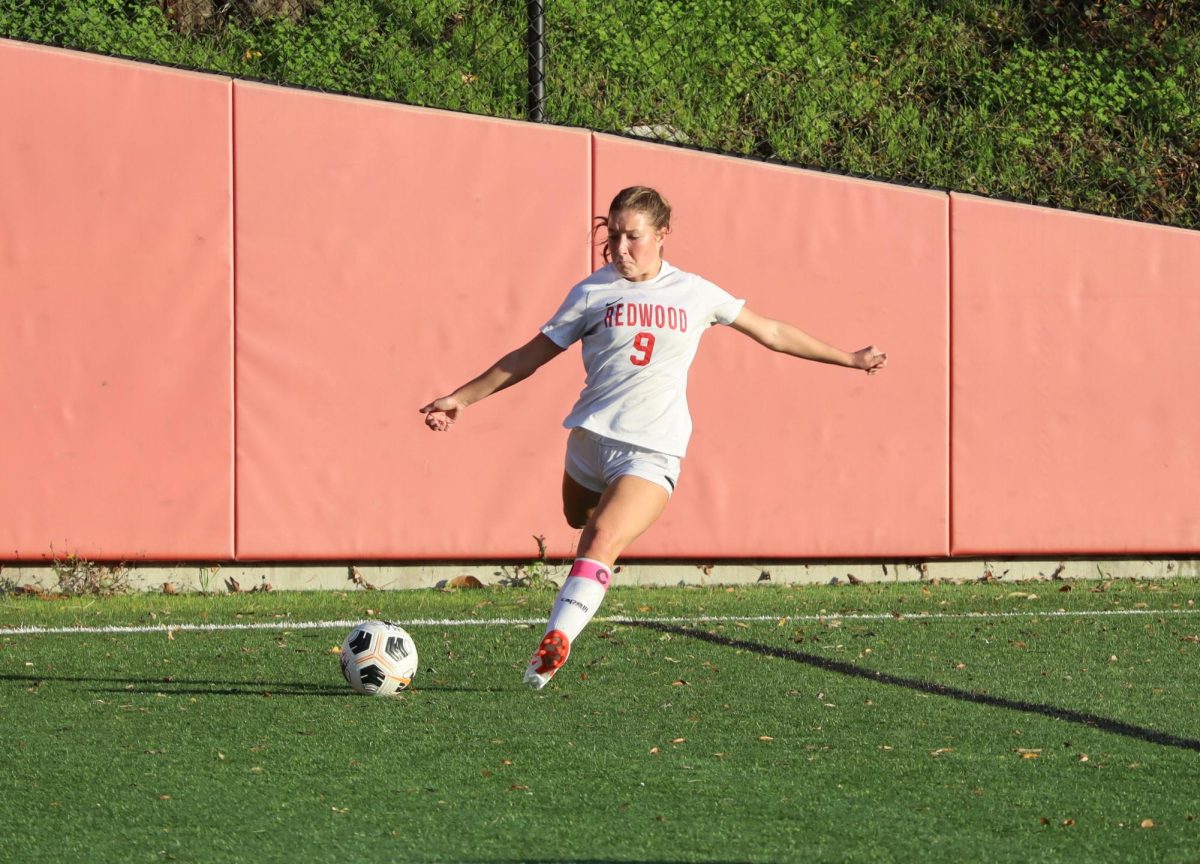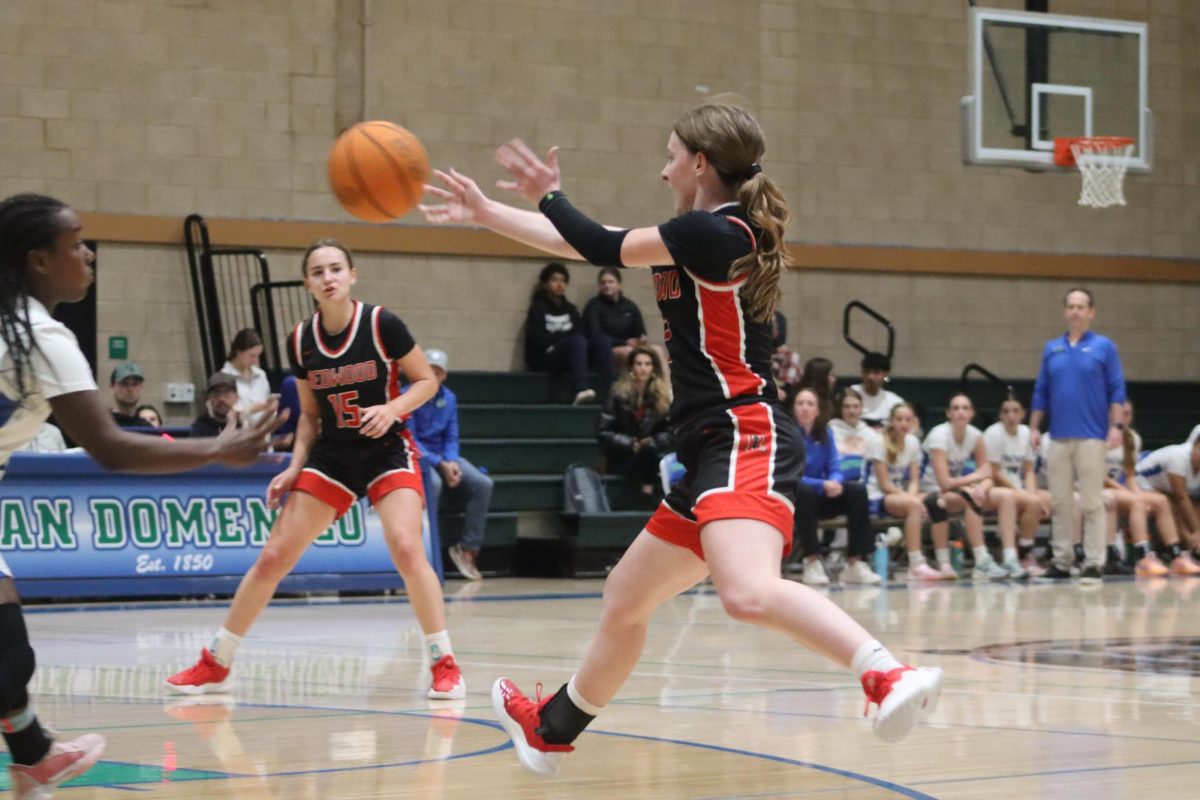What is free speech? In a literal sense, it can be defined as the right to express any opinion without censorship or restraint. In our constitution, it is established that “Congress shall make no law prohibiting the free exercise thereof; or abridging the freedom of speech, or of the press; or the right of the people peaceably to assemble, and to petition the Government for a redress of grievances.”
But with recent advancements in social media, free speech has taken a new form and sparked different, more nuanced debates. Though social media users can initially post anything they want on any website, moderators and filters can remove posts off the site’s database and suspend or delete accounts that post expletive content, hate speech or other offensive messages.
Not only are social media services filtering content, but certain organizations are also banning usage and accounts completely, specifically collegiate sports teams. Major programs such as the UConn women’s basketball team and the football teams of Boise State, South Carolina, Florida State, and Clemson have had social media bans placed on their teams by their coaches and athletic departments, according to ABC news. These programs are banning players from using social media during the season to prevent them from possibly posting content that could paint the program in a negative light.

But this is simply unfair to the athletes. In today’s society, social media is not just a means of connecting with friends: it’s a platform to express opinions. And while many people aren’t recognized for their social media accounts, athletes are still influential because they have thousands of followers and are featured in reports from sports news stations such as ESPN. The ban on social media takes away a system that has been proven by players in the NFL to be a successful means of protest and exposure. Players such as Colin Kaepernick, Michael and Martellus Bennett, and Marshawn Lynch have made use of social media to advocate for racial equality and social injustice, as well as attacking political figures. Because athletes are able to use social media to spread their own message and views on society, administration should not be allowed to ban social media.
Other programs use various services to flag posts that could potentially hurt the college’s reputation. Services such as Varsity Monitor, founded in 2011, are employed by dozens of Division I college athletic programs to flag words and phrases that could potentially harm the university, as well as the names of rival players and schools if they appear in student-athletes’ Twitter, Facebook and YouTube posts. After the posts are flagged, the coaches are then automatically alerted. Often, the athletes are suspended for their actions and sometimes even kicked off the team, resulting in the revocation of their scholarships.
Although this rule may seem fair, many athletes are being reprimanded for seemingly harmless posts and accounts on social media. Shedrick McCall III was a star senior running back for L.C. Byrd High School in Chesterfield, VA, and was committed to Old Dominion University in 2017. An outspoken and extroverted teen, McCall decided to create a YouTube account where he would make videos expressing his opinions on life, fun experiences and adventures and share them with the world. But, after one video where McCall talked about an incident where he was trespassing and using profane language, Old Dominion revoked his scholarship because his actions were an “embarrassment to the university,” costing McCall his only Division I scholarship.
But what makes McCall different from any other prospective student that would have been attending Old Dominion? According to U.S. News, only 35 percent of college admittance officers check social media before they accept or deny a student. Although trespassing is a crime and shouldn’t go unpunished, what makes McCall more unacceptable than the average applicant who has posted photos and videos to social media of underage intoxication and outlandish behavior? There is no reason McCall’s offer should have been rescinded by the university while other students with controversial accounts continue to attend.
Other student athletes have been punished for even more innocent reasons. Donald De La Haye was a kicker for the University of Central Florida who had a popular YouTube channel. De La Haye posted daily videos of his life as a student athlete, as well as comedic skits about football. But, after De La Haye’s account started becoming more and more popular, the NCAA threatened to impose sanctions upon the university unless De La Haye demonetized his entire account. Because of NCAA rules, De La Haye could not collect money that had anything to do with his football career and academics at the collegiate level. To avoid further conflict, De La Haye was suspended indefinitely from the UCF football team.
Although monitoring what athletes are saying and doing on social media is a good idea for schools to make sure that their universities reputation is not being hurt, banning social media and punishing student athletes for posting incriminating opinions and photos is not the best way to go about reprimanding the players. College is a time where students should be finding their identity and developing their personal philosophies. Student athletes being told they cannot share information or opinions about their lives is a violation of free speech and defeats the purpose of a university.
By banning social media and threatening punishment, college administrators are treating student athletes as professionals and not as the amateurs that they still are. College students tend to drink alcohol and engage in other irresponsible acts; that is just the nature of college. Thousands of posts fill the Instagram, Facebook and Snapchat databases on Friday and Saturday nights from drunk college students at parties, humiliating themselves and often displaying intolerable behavior from a college’s viewpoint. Yet, they receive no punishment for posting. College athletes are still college students who are learning the ways of the world, and need to be treated as such.












